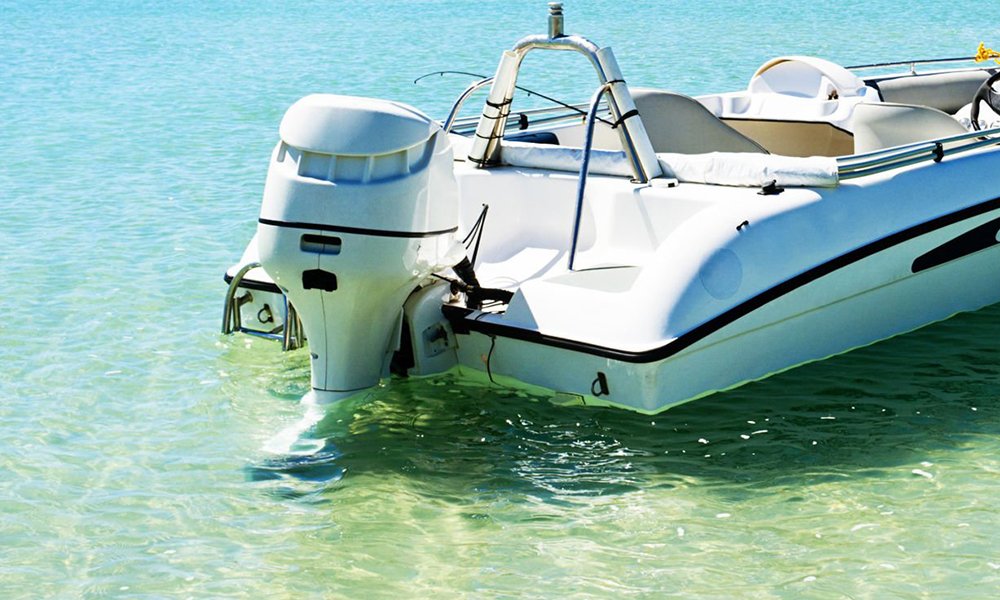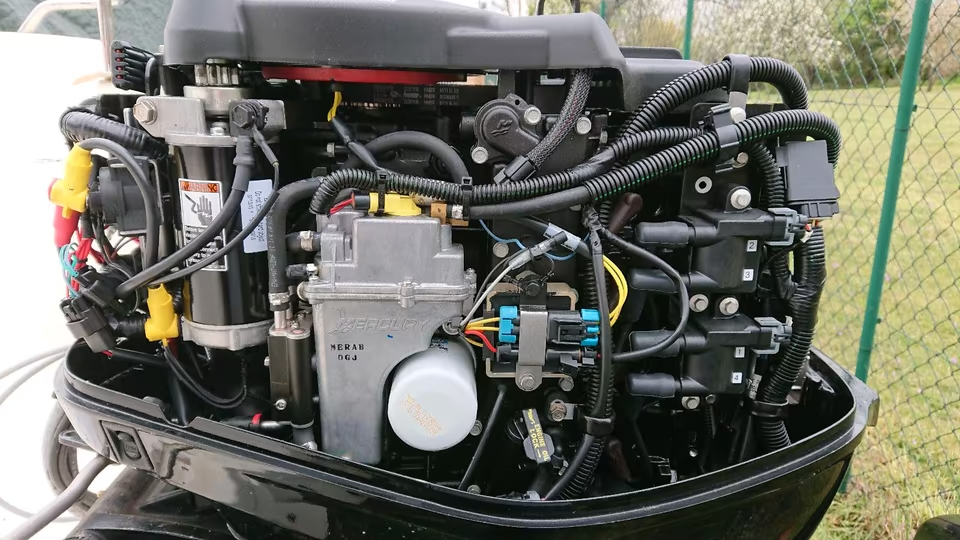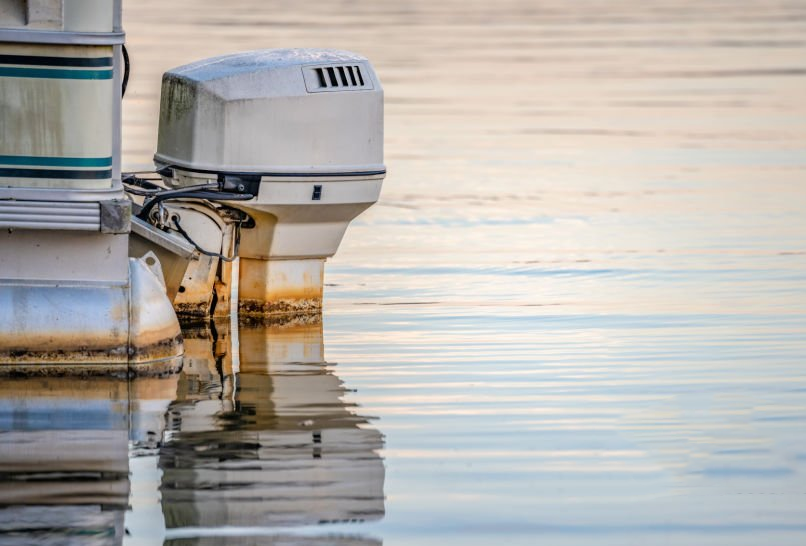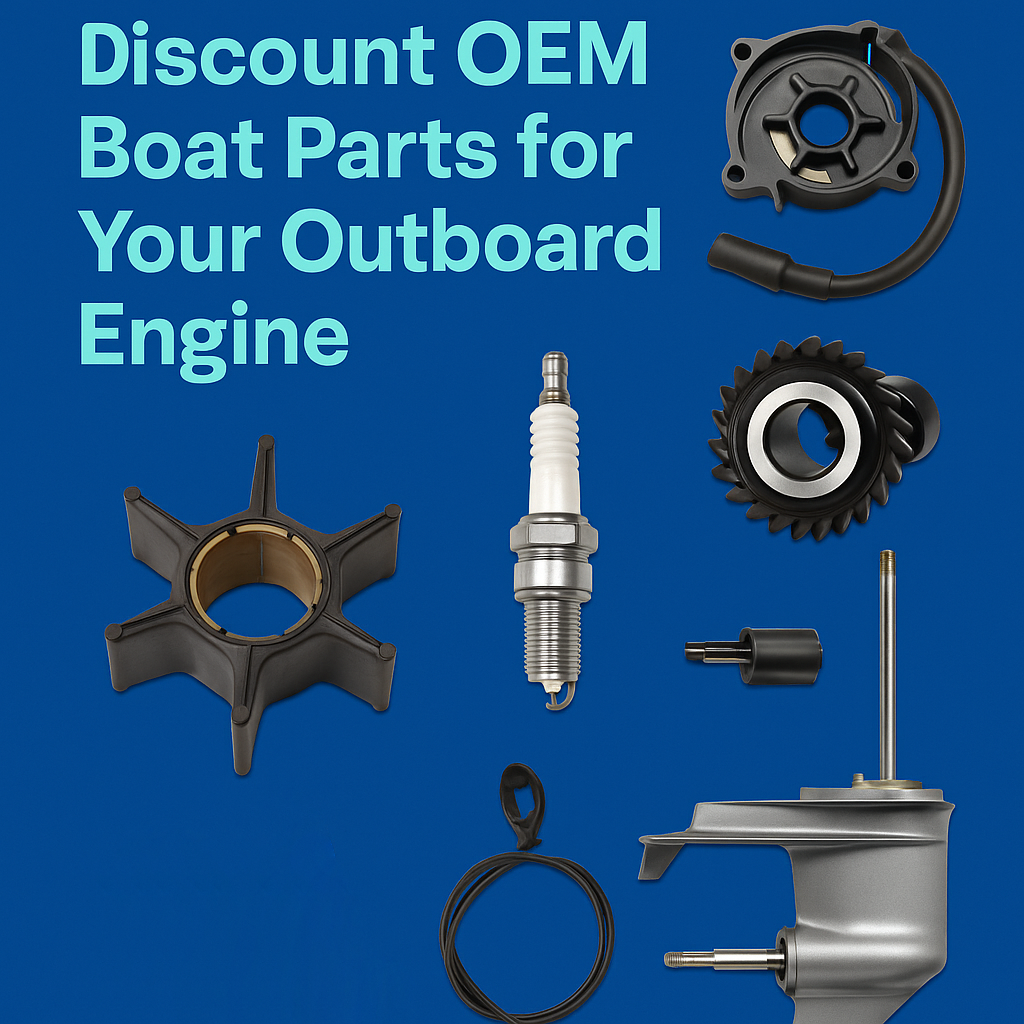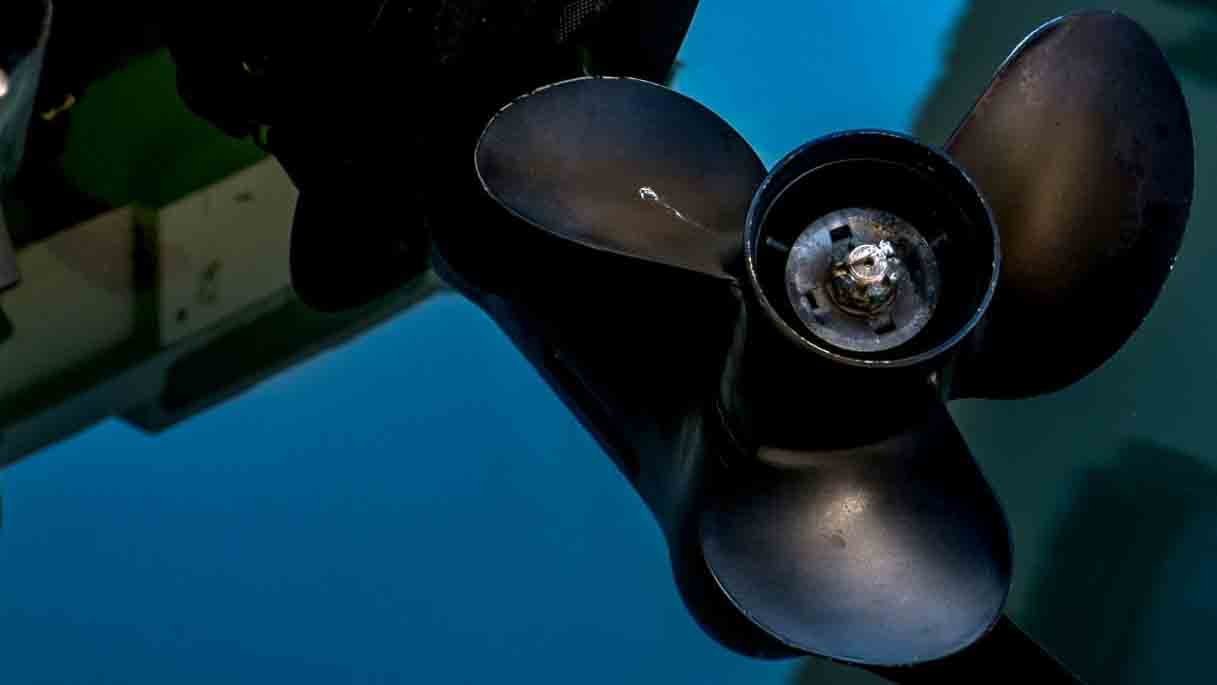Your Boat engine is the heart of your boat—if it fails, your day on the water can quickly turn into a nightmare. But how do you know if your motor is in good shape before trouble strikes?
A well-maintained boat engine delivers smooth performance, reliable starts, and fuel efficiency. On the other hand, a neglected one can leave you stranded or lead to expensive repairs. In this guide, we’ll cover five key signs that your motor is running strong—plus three warning signs that demand immediate attention.
1. Smooth and Reliable Starting (The First Test of Health)
A healthy boat engine should start within a few seconds, whether it’s cold or warm. If yours fires up effortlessly, that’s a great sign of proper compression, a good spark, and a well-functioning fuel system.
Troubleshooting Hard Starts:
- Weak Battery? Check voltage (should be 12.6V or higher).
- Fuel Issues? Old gas or clogged filters can cause starting problems.
- Spark Plugs? Fouled or worn plugs lead to weak ignition.
Pro Tip: For a stronger spark, upgrade to Yamaha High-Performance Spark Plugs. They ensure reliable cold starts and smoother idling.
2. Strong and Consistent Power Delivery
A good boat engine should accelerate smoothly without hesitation. If you notice:
- Bogging down at full throttle → Possible fuel restriction or carburetor issue.
- Surging or RPM fluctuations → Could be an air leak or failing fuel pump.
- Loss of top-end speed → Propeller damage or engine wear may be the culprit.
Quick Fix: Inspect the fuel filter and water separator. A Mercury Fuel Water Separator helps prevent clogging and keeps your engine running clean.
3. Minimal Vibration and Strange Noises
All motors vibrate slightly, but excessive shaking or unusual noises (knocking, grinding, rattling) often indicate:
- Propeller damage (dings or bends cause imbalance).
- Worn motor mounts (allows excess movement).
- Internal engine wear (rod bearings, pistons, or crankshaft issues).
What to Do:
- Check the propeller for damage.
- Tighten motor mounts.
- If noises persist, consult a mechanic—internal damage worsens over time.

4. Clean Exhaust (No Excessive Smoke or Oil Residue)
- Two-Stroke Motors: A light blue smoke on startup is normal (oil burning). But thick, continuous smoke means too much oil in the mix.
- Four-Stroke Motors: They should produce almost no smoke. White or blue smoke indicates burning oil (bad piston rings or valve seals).
Quick Check:
- Verify the oil/fuel ratio (for two-strokes).
- Inspect the exhaust for oily residue.
5. Good Fuel Efficiency (No Sudden Drops in MPG)
If your motor suddenly guzzles more fuel than usual, possible causes include:
- Clogged fuel injectors/carburetor → Poor combustion.
- Faulty thermostat → Engine runs too cold, reducing efficiency.
- Propeller mismatch → Wrong pitch strains the engine.
Maintenance Tip: Track fuel consumption. A sudden drop in efficiency means it’s time for a tune-up.
3 Red Flags That Demand Immediate Attention
1. Overheating (The Silent Killer)
An overheating motor can warp parts and cause catastrophic failure. Causes:
- Clogged water intake.
- Faulty water pump impeller.
- Thermostat failure.
What to Do: Shut off the engine immediately and check the cooling system.
2. Oil in the Cooling Water (Milky Residue)
If you see milky oil in your engine’s water discharge, you likely have a:
- Blown head gasket.
- Cracked engine block.
This is a serious issue—get professional help ASAP.
3. Metal Shavings in Engine Oil
A sign of internal wear (bearings, pistons, gears). If you spot glitter-like flakes in the oil, stop running the motor and have it inspected.
Final Thoughts: Keep Your Boat Engine Running Strong
Regular maintenance is the key to longevity. Follow the manufacturer’s service schedule, use quality parts, and address small issues before they become big problems.
For reliable upgrades, check out:
- Yamaha High-Performance Ignition Coil (for better Ignition).
- Mercury Fuel Water Separator (keeps fuel clean and prevents clogs).
Paying attention to these signs will ensure that your boat engine stays dependable for years to come.

